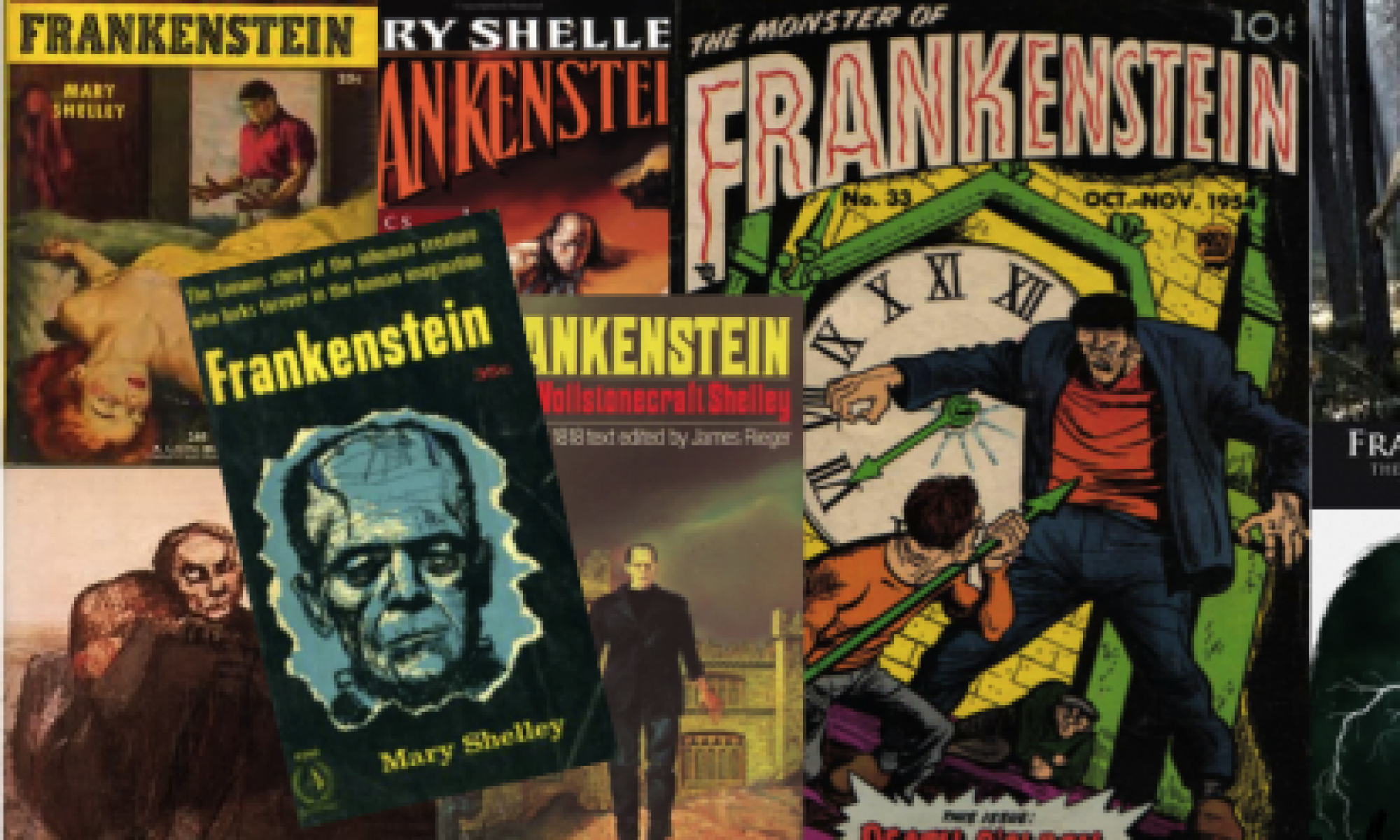When someone talking about Robinson Crusoe mentions the word Friday, what pops into your head? Is it first the brave, bear-fighting, side-kick of Robinson Crusoe or the tongue less, cannibalistic slave who occupancies Susan Barton. Neither version is a right or wrong depiction of the character Friday but what makes him so different in an adaptation of the book? Large pieces of what makes the two versions of Friday so different are left up for interpretation but a piece of Friday’s character was based off the time period in which the books were written and the author’s purpose for writing the books.
The first piece we will look at is the time period the books were written in and the historical context. Robinson Crusoe was written in the 1700’s in less than one week, while Foe was written in the late 1900’s separating them by roughly two hundred or more years. Danial Defoe, writer of Robinson Crusoe, originally set out to create a “true” story depicting Robinson Crusoe’s adventures of getting stranded on a deserted island. Friday is portrayed as Crusoe’s slave throughout a large portion of time where they are stuck on the island shown by the author saying: “…and first, I made him know his Name should be Friday, which was the Day I sav’d his Life; I call’d him so for the Memory of the Time; I likewise taught him to say Master, and then let him know, that was to be my Name…” (Defoe 220). Here Defoe is showing how Crusoe acts as he is better than Friday in the beginning, forming a master and slave relationship which is normal for the time. During the time the book was written slavery was a very common idea and lasted as such until the 1830’s. J. M. Coetzee, writer of Foe, portrayed Friday very differently as he was writing in the 1980’s with a much larger perspective on the world than Defoe had. Friday was described by Susan as a mute slave to Crusoe who was more her shadow than a person. For example, Coetzee says: ‘Perhaps they wanted to prevent him from ever telling his story: who he was, where his home lay, how it came about that he was taken’” (Coetzee 23). Coetzee’s intention was to show Friday in this brutality and victimized state because he knew of the violence and abuse people like him went through giving him a different light than Defoe.
Both authors, like all authors, have a very distinct purpose for writing their novels. While Defoe’s purpose is a little bit less known, it seems as though Coetzee writes Foe as an adaptation of Robinson Crusoe in order to satire the time period along with the book. As Defoe was intending for his story to be seen as completely true there are several pieces which are lengthy and boring but writing this way made Friday’s development more genuine and complete than Coetzee. The reader is able to see Crusoe and Friday move from a relationship of master and slave to one of adventurer and side-kick while in Foe the reader misses this opportunity to instead see Friday become like a shadow to Susan Barton. This is seen best by how Crusoe continually calls Friday “my man Friday” which can be seen as friendly as it comes after Crusoe begins to trust Friday or as another way to assert power with the word “my”. In Foe there is very little development of Friday because he cannot talk leading Susan Barton to always just wonder about his life. Coetzee says, “He does not know what freedom is. Freedom is a word, less than a word, a noise, one of the multitude of noises I make when open my mouth” (Coetzee 100-101). His quote shows how little is thought of Friday as he is not much more than a simple dog following its master. This type of Friday stems from Coetzee’s purpose as he is trying to show what slavery and acts of human brutality can do to someone through Friday’s character.
Coetzee’s adaptation of Robinson Crusoe takes the story of Robinson Crusoe in a completely new direction with a totally new character. The biggest link between the two books is Friday as he is the biggest part that appears in both books, but Friday is two different characters depending on which book you read. These differences stem from the authors purpose to the time period the book was written in and range from his tongue being cut out in one novel to him being able to talk in the other. No one can say which one is better or worse or right or wrong with any certainty, but everyone knows the differences hold purpose and are very significant to the story.
